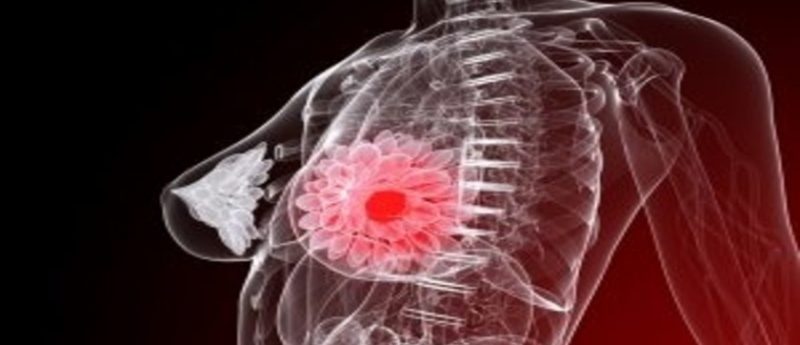Analysis of the cortisol diurnal rhythmicity and cortisol reactivity in long-term breast cancer survivors

Aims: In this paper, we examine the long-term consequences of a breast cancer diagnosis on hypothalamic–pituitary–adrenal axis functioning. Methods: This study provides a comprehensive analysis of the diurnal and reactive cortisol profiles of breast cancer survivors considered ‘disease-free’ compared with women with no history of breast cancer. Results: The results indicate similar diurnal patterns in both groups; however, significant differences in stress reactivity were noted, with breast cancer survivors displaying a relatively flat profile following the acute stress induction. Subjective levels of psychological stress were similar in both groups, suggesting incongruence between perceived stress and the physiological stress response of breast cancer survivors. Conclusion: The patterns suggest a progression towards more typical cortisol reactivity with longer time since diagnosis and may reflect some recovery of hypothalamic–pituitary–adrenal axis functioning as time passes.
Click here to view the full article.



